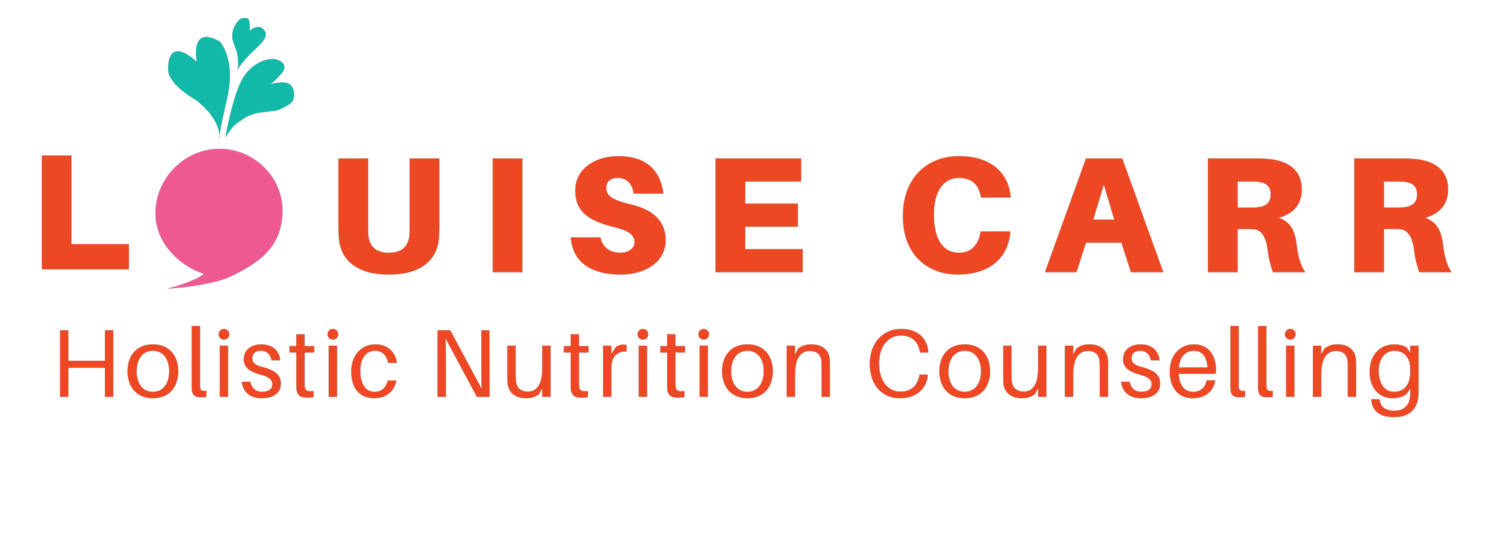It is easy to feel like you are broken when your peri-menopausal symptoms are out of control and your life is being wrecked by uncomfortable and embarrassing hot flashes and covers-on, covers-off night sweats.
If you gain weight around your middle and none of the strategies you used to drop pounds in the past are working for you, it feels like your metabolism is working against you and your midlife body hates you.
Symptoms such as hair loss, vaginal dryness and night time anxiety are just so personal and distressing, it is easy to feel like a victim and as if something has gone horribly wrong with your brain or body.
In reality, peri-menopause, the ten years leading up to menopause (defined as being one year without a period) is a natural period of hormonal change that your body is primed to manage.
Research tells us that our experience of menopause is influenced by how we think about this stage of life, our opinions and feelings about what is to come in the next chapter. If we have heard horror stories from our Mother or have a deep fear of aging then we are going to experience more and stronger symptoms than if we feel good about living a full and happy life and are comfortable with the thought of aging.
In truth, our body is talking to us all of the time and the language it uses is symptoms.
It helps when we know what these symptoms are telling us but unfortunately it is extremely hard to get this information in a conventional medical environment. Most doctors only have 1 day of their training allocated to the science of nutrition and 2.5 hours on the menopause. Your medical practitioner may not have the answers you need about what you are experiencing at midlife and will revert to the standard advice of “Eat less and Exercise more”. This is unhelpful for midlife women and can further imbalance hormones.
New research is telling us that a healthy microbiome helps us to metabolize estrogen and can be preventative of hot flashes and reduce our risk of breast cancer.
We now know from science that early and strong hot flashes are an indicator of poor cardiovascular health and are a predictor of a future heart incident.
We are learning from the dedication of female doctors such as Dr Lisa Mosconi, who want to expand the knowledge base of womens health, that the early indicators of dementia and Alzheimers disease in women come during menopause and we need to be eating to protect our brain health.
Medicine is a male dominated practice/industry and research is only now being initiated into many aspects of womens health, including menopause.
Our symptoms do not mean that our midlife bodies are broken but that our body is talking to us and telling us (some times in a very loud voice!) that we need to come home to ourselves at midlife and pay full attention to our health.
What is required from us at midlife when we hear these messages is not a band aid to cover them up, but a return to self-love and self-care and a health journey that sees us making changes to our nutrition and lifestyle, one baby step at a time. You need to be gentle and compassionate with yourself and at the same time form boundaries, delegate what exhausts you and start to fuel yourself right.
Menopause is a very unique female opportunity to return to our bodies, listen in and offer ourselves deep nourishment and self-care so that we cruise through this natural period of hormonal change with energy, flexibility and confidence to emerge in the best health of our lives at midlife.
Let’s get started!
Street Address
City, State, Zip
Phone Number
Holistic Nutrition Counselling
Your Custom Text Here


